Working hours
Mon - Fri: 8am to 5pm
Mon - Fri: 8am to 5pm
Share
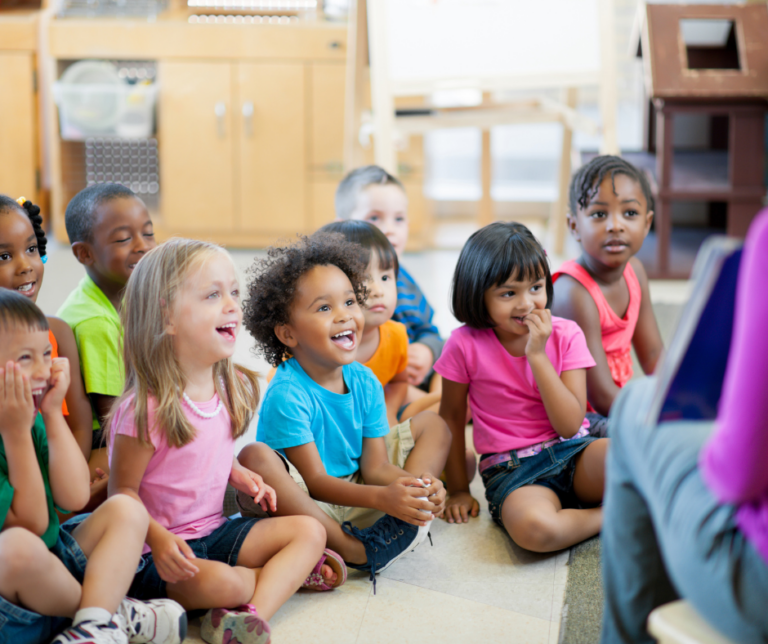
As we approach the end of this school year and we consider our children who will be making the transition to primary school, the topic of school readiness has again become a keen focus for many parents and practitioners.
The concept of school readiness, however, is not uniform across the board. Parents and early years practitioners often have very different perceptions of what it means to be school-ready. The Kindred Squared Survey 2024 has sparked discussions, with its revealing statistics on various aspects of school readiness, including the disconnect between parents’ and teachers’ views, and even emotive topics like children still being in nappies and about to start school.
This blog aims to explore some of the perspectives around school readiness, and emphasise the importance of the prime areas of learning, including emotional and self-regulation skills, communication and language, and the vital importance of understanding the unique needs of each of our children, particularly those with barriers to their development, additional needs or gaps in their experience.
Being ‘school ready’ assumes that a child has achieved a set of skills and characteristics, that will prepare them for the shift to the school environment. In reality, it is a process and a journey for each individual child that can best be supported by skilled practitioners, parents and home caregivers.
According to the Kindred Squared Survey 2024, there are seven key characteristics of school readiness which have been explored in a previous blog and can be found here: Getting Parents On Board With School Readiness
These 7 characteristics only serve to highlight that being ready for school is so much more than having a set of academic skills or ticking off statements on a checklist. It is about really knowing each child and what stage they are at in their journey.
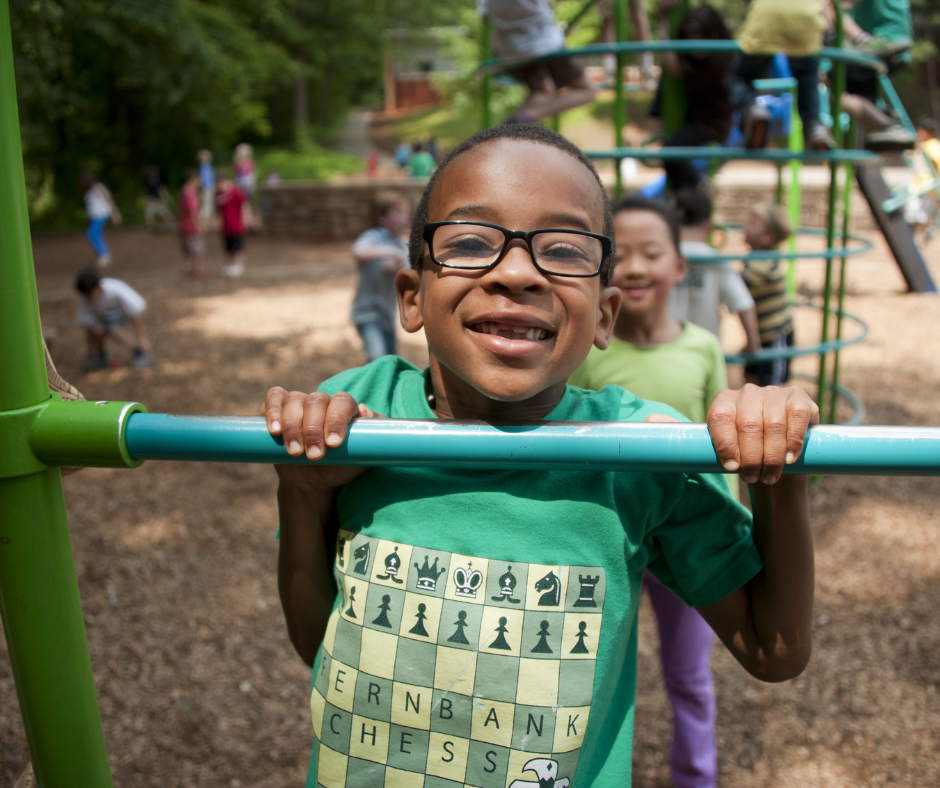
One of the most crucial aspects of school readiness highlighted by the Kindred Squared report is self-regulation and emotional readiness. School life revolves around routines, rituals and rules.
Being able to understand and express how we feel is fundamental to being able to ask for help when we need it. For example, to say that we feel sad because we miss our parent, or to say that we feel cold and need our coat and to express that we feel upset about having to share the toy we have been waiting patiently for.
Being able to regulate ourselves also allows us to be still comfortably on the carpet, quiet in the line and to walk away to seek adult help when we need it. These skills are foundational for any successful transition or change.
Developing these skills early is therefore vital because, considering Maslow’s Hierarchy of Needs or The Leuven Scales of Wellbeing, we need to feel secure and comfortable before we are able to engage purposefully with any kind of learning.
Our emotional state impacts not just our foundations for learning but also our ability to make friends and build bonds with the adults in the environment.
Reception is the final stage in the EYFS and teachers are experienced at gently modelling the behavioural expectations of the school. It is nevertheless a significant ask for a child who struggles to regulate or express themselves to be able to understand and follow the behavioural expectations of the school setting.
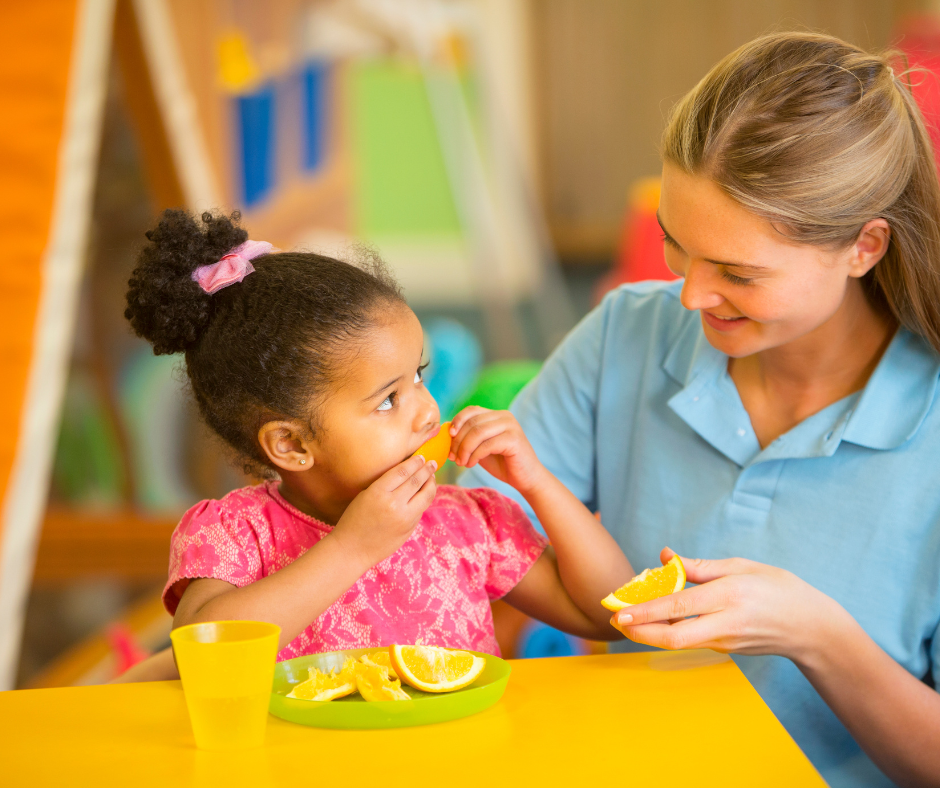
On a functional level, language skills encompass our receptive, expressive, and comprehension abilities. In the context of school readiness children need to be able to use them to be able to:
Ofsted continue to highlight the importance of communication and language within the early years curriculum and provision. The Kindred Squared Survey 2024 shines a spotlight on the ongoing challenges that practitioners and schools are witnessing with each subsequent cohort.
The cost of living crisis, lack of government funding for SEND and the Covid pandemic (and the consequential impact of increased screen time and limited parental interactions) have all had a part to play in the increased amount of children starting school with language skills below age related expectations.
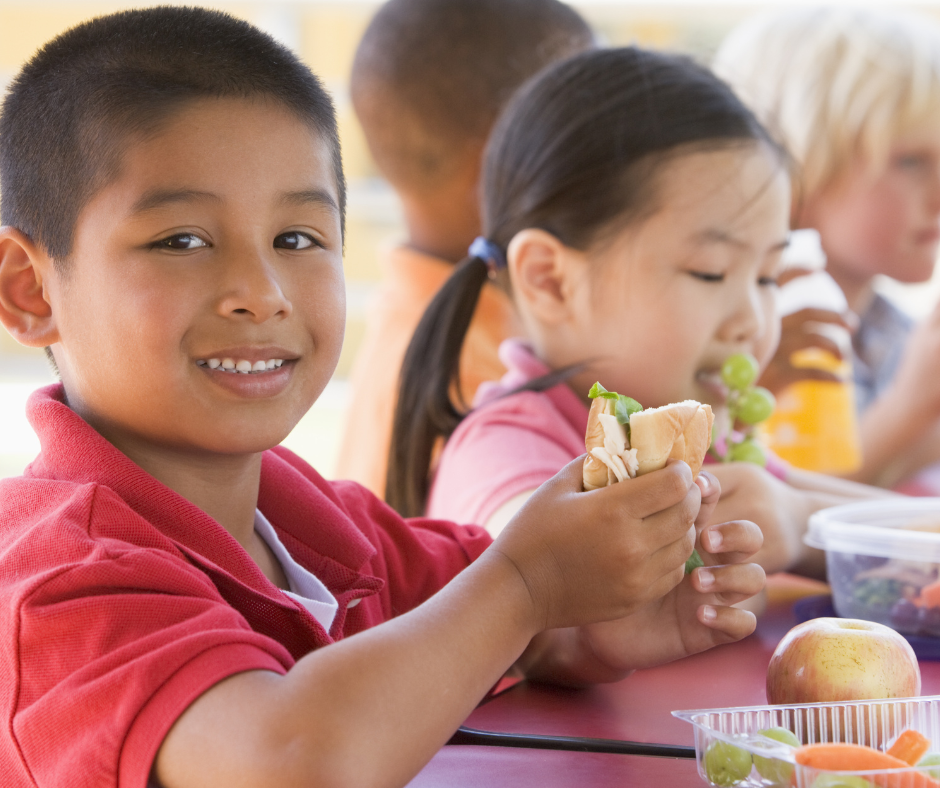
Independence is a hugely significant aspect of school readiness and one that parents are often very concerned about. Indeed The Kindred Squared report highlighted the importance of key skills like toilet training and self-care. Supporting parents and encouraging children to develop these skills can really help to ease the transition to school for both child and parent.
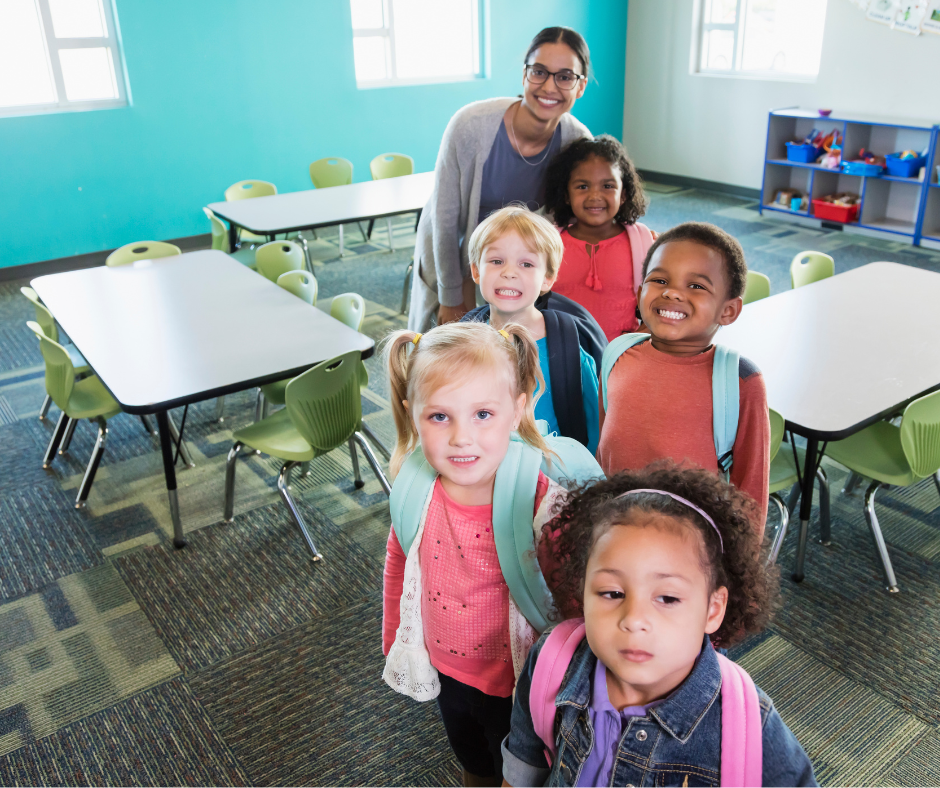
As we have touched upon, transitions can be particularly challenging for children with SEND or additional needs. The Kindred Squared Survey emphasises the need for additional support and collaboration between parents, practitioners, and specialists to ensure all have the best start in life and experience a positive start to school.
In conclusion, being school ready involves many factors and each child’s stage in the journey will be different. The results of The Kindred Squared Survey 2024 has shed light on the different perceptions and challenges surrounding school readiness. In this blog we have focused on tips for supporting self-regulation skills, language development, independence, and providing tailored support for children with additional needs. By working together, parents and educators can ensure that all children are provided with the tools and support that they need to achieve the most successful transition into school.
MBK Group provides comprehensive training and resources to support you and your team as you guide your children and families through the transition process. These include:
Our School Readiness Lanyards which are a fantastic and practical resource.
Our School Readiness Resource is perfect for all teams who want to ensure a well-planned and structured transition for their children.
And finally, our Building Self Regulation in Early Years training will support you and your team in preparing children for the move to school.
With the ever-changing regulations and guidance, join our monthly newsletter to stay current and learn more about running a better childcare setting.
Simply enter your details below to join our mailing list.
"*" indicates required fields
By completing this form you are agreeing to our privacy policy You can unsubscribe at any time

Millennium House, High Street,
Studley, Warwickshire, B80 7HJ.